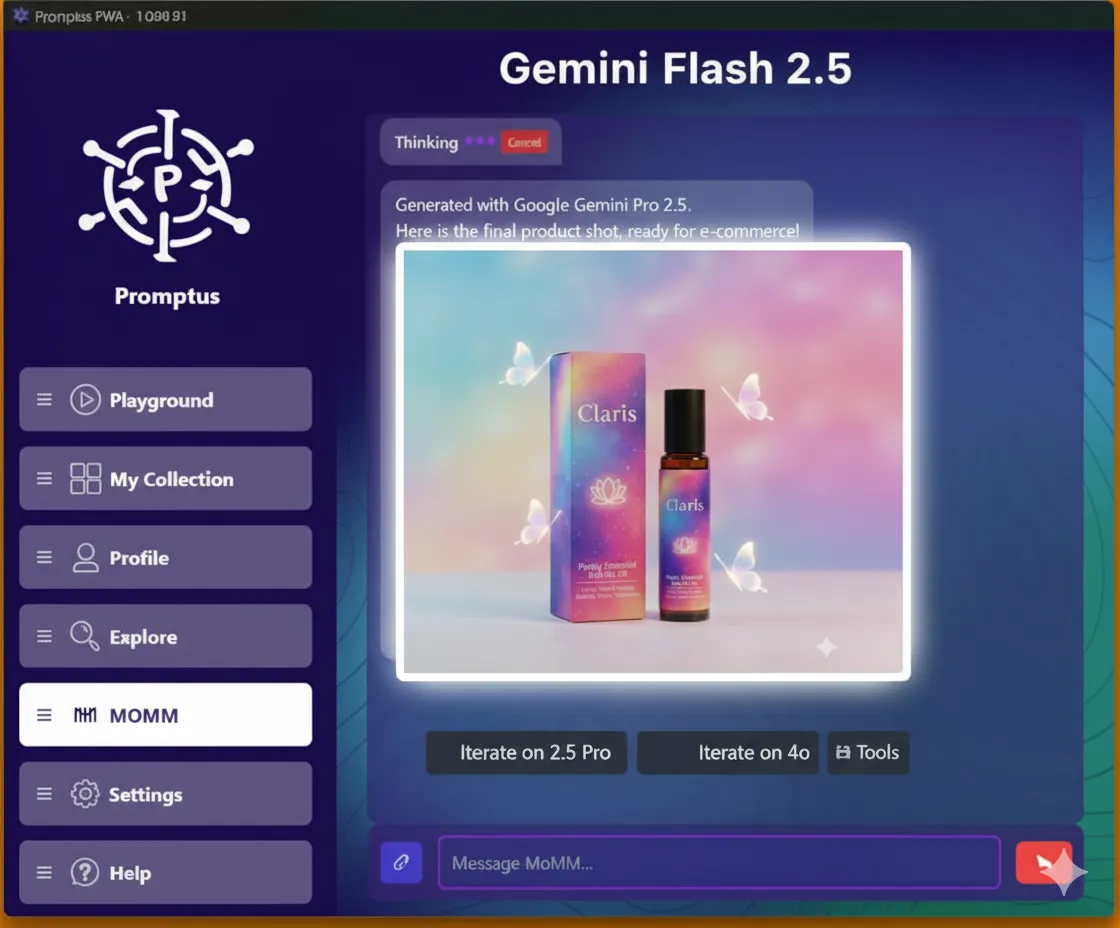ChatGPT vs Google Gemini vs Perplexity vs Claude

The AI landscape is crowded with powerful tools like ChatGPT, Google Gemini, Perplexity, and Claude. Most people start with free versions, but knowing when to upgrade can make all the difference. After spending months testing all four premium versions, I discovered something surprising: there's no universal "best" AI tool. The smartest investment is the one you'll actually use daily.
ChatGPT: The Jack-of-All-Trades AI Tool
ChatGPT remains the most popular AI assistant, and recent upgrades have expanded its capabilities significantly. Users now have access to multiple models including GPT-4o, the new o3 model designed for deeper reasoning, and o4 mini for faster results.
ChatGPT Strengths
ChatGPT excels as a versatile tool perfect for general tasks like writing emails, brainstorming ideas, and basic data analysis. It supports various file uploads including PDFs, images, Excel files, and Word documents.
Recent automation features make AI more accessible even for non-technical users. The o3 model can schedule tasks and remember personal preferences, enabling automated weekly competitor reports or daily AI news summaries at 8 AM.
The GPT-4o image generator produces significantly better results than the previous DALL-E 3 model. Plus, extensive customization options include thousands of specialized GPTs for market research and content writing, or you can create custom GPTs with the paid version.
ChatGPT Limitations
Long conversations often require reminding the AI about earlier discussion points, as it tends to forget context over time. Hallucinations can occur, making it important to verify confidence levels for accurate information.
The deep research feature performs well and asks clarifying questions before starting, but uses fewer sources compared to Gemini or Perplexity's research capabilities.
When to Upgrade ChatGPT
Consider upgrading if you want a comprehensive all-around tool with flexibility and automation features. It's especially valuable for frequent image generation, full model access without hitting limits quickly, or personalized AI assistance with memory and scheduling capabilities.
Google Gemini: The Powerhouse for Complex Tasks
Google Gemini has become an indispensable daily tool for content creation, writing, deep research, and document analysis. The recent 2.5 Pro and Flash models represent some of the most powerful AI technology available today.
Google Gemini Strengths
The deep research feature using the 2.5 Pro model creates academic-quality, in-depth reports with impressive accuracy. Access requires the Google One AI Premium plan at $19.99 monthly, including two terabytes of storage and Gemini Advanced.
Gemini hallucinates less frequently than ChatGPT and maintains better context retention. Its massive 1 million token context window can process approximately 1,500 pages of text simultaneously.
Excel spreadsheet analysis and complex document processing are particular strengths. Google's internet search capabilities provide excellent real-time information access.
Deep Google Workspace integration brings AI directly into Gmail, Google Docs, and Google Sheets. For users embedded in Google's ecosystem, this integration is invaluable.
New features include Veo 2 for short video generation and built-in image generation with quality comparable to ChatGPT's 4o model. The memory feature similar to ChatGPT remains user-controlled.
Google Gemini Limitations
Writing output often feels formal or academic rather than conversational. Prompting for casual, friend-like tone usually resolves this issue.
For work-related content like professional emails, research papers, or technical documents, Gemini's formal style actually becomes an advantage.
When to Upgrade Google Gemini
Consider upgrading for extensive document analysis needs, if you're already in Google's ecosystem, or if you need powerful AI with large context windows for complex tasks. The $20 monthly investment delivers exceptional value.
Perplexity: The Speed and Accuracy Champion
Perplexity has transformed into my primary search engine, replacing Google for most queries. Its real-time web search capabilities provide concise, accurate answers with complete source transparency.
Perplexity Strengths
Instead of combing through multiple search results, Perplexity generates instant summaries with all sources clearly identified. This makes it excellent for quick fact-checking and research reference gathering.
Whether researching technology purchases or staying updated on industry trends, Perplexity delivers reliable information quickly. The deep research function excels at competitor analysis for new products or services.
The "Discover" feature acts as a personalized news dashboard, particularly useful for fast-moving fields like AI. Source type selection allows filtering between web results, academic papers, or social media (primarily Reddit).
File upload capabilities handle images and PDFs for analysis. The Pro plan ($20 monthly) provides access to advanced models including GPT-4.1, Claude 3.7 Sonnet, Gemini 2.5 Pro, and Grok 3 beta.
Perplexity Limitations
The free version restricts users to five pro searches daily and five follow-up questions every four hours. Regular users quickly hit these limits.
Image generation uses older models like DALL-E 3, producing less realistic results compared to other platforms. Creative writing, open-ended brainstorming, and complex ongoing conversations aren't Perplexity's strengths.
Context window size varies by selected model, generally smaller than competitors.
When to Upgrade Perplexity
Upgrade for enhanced daily search and research capabilities with quick information synthesis. It's invaluable for competitor research, topic monitoring, fact-checking, and document analysis. However, for creative writing or brainstorming, other tools serve better.
Claude: The Creative Writing and Brainstorming Master
While Claude sees the least frequent use in my workflow, it excels at brainstorming, creative writing, and strategic business thinking. Interactions feel remarkably natural and friend-like compared to other AI tools.
Claude Strengths
Claude's writing style maintains a human touch, making it less formal than Gemini. This makes it ideal for blogs, social media posts, and video content creation.
The 200,000 token context window handles extensive document analysis across multiple file formats including PDFs, Word documents, Excel files, and images.
The Projects feature organizes related information in dedicated workspaces. Market research projects can contain all uploaded files, searches, and custom instructions in one location, maintaining context without repetition.
Anthropic's prompt library provides Claude-specific prompts for enhanced results. Recent updates added real-time web search capabilities, eliminating the previous limitation of outdated information.
Claude Limitations
No image generation capabilities require switching to other tools for visual content creation. This limitation often leads me back to Gemini for comprehensive needs.
The Pro plan ($20 monthly) provides 45 messages every 5 hours (approximately 216 daily), compared to the free version's 30-40 daily messages.
When to Upgrade Claude
Consider upgrading for extensive brainstorming, content writing, or situations requiring natural human-like interaction. The Projects feature benefits users organizing substantial research. For document analysis needs, Claude performs excellently. Occasional users who don't hit message caps may find the free version sufficient.
Final Recommendations
Before upgrading any AI tool, carefully evaluate your specific needs and usage patterns. Test free versions first to identify which tools you use most frequently.
Monthly plans provide maximum flexibility in this rapidly evolving AI landscape. If you find yourself not using a tool, monthly subscriptions make cancellation easier than annual commitments.
The best AI tool is the one that fits your workflow and gets used consistently. Whether you need ChatGPT's versatility, Gemini's power, Perplexity's research capabilities, or Claude's creative touch, choose based on your daily requirements rather than theoretical features.
